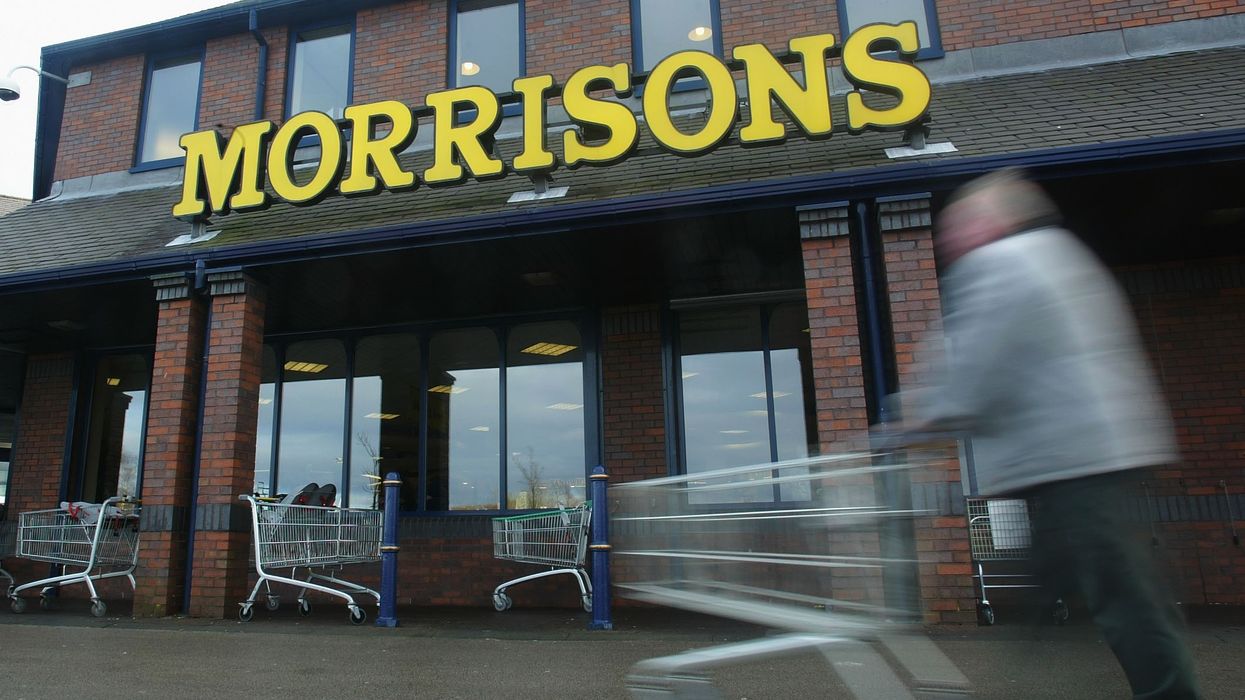Morrisons has announced it will shut 17 of its convenience stores across the UK in the coming weeks, with most closures taking place on Wednesday, 16 April.
According to reporting from The Sun, 16 Morrisons Daily branches will close on 16 April, while a further store in Haxby, North Yorkshire, will close on 14 May. In addition, 11 of the affected branches include Post Office counters, which are also scheduled to shut between 9 April and 14 May.
Branches set for closure include locations in Exeter, Tonbridge, and Worle. Morrisons Daily stores operate as smaller convenience outlets, typically offering extended opening hours compared to the supermarket's main stores.
The closures were first announced last month, alongside a broader restructuring of Morrisons’ operations. The supermarket confirmed it would also be shutting 52 of its in-store cafés, putting approximately 365 jobs at risk. Furthermore, it will close 35 meat counters, 35 fish counters, four pharmacies, and all 18 of its Market Kitchen food courts across its estate.
Morrisons, which employs around 95,000 people in its supermarkets and an additional 1,600 at its Daily stores, has faced ongoing challenges in recent years. The chain has experienced a decline in its market share and now commands just 8.5 per cent of the UK grocery market.
As part of its response to these difficulties, Morrisons has set a new medium-term savings target of £1 billion. The company revealed it had achieved £56 million in cost savings during the three months leading to 26 January and expects to deliver the remainder of its previous £700 million target by the second quarter of the year.
Chief Executive Rami Baitiéh highlighted the pressures facing the business, pointing to what he described as an "avalanche of costs" affecting the sector. He cited changes to National Insurance contributions and increases to the minimum wage as some of the major cost challenges impacting operations.
In a statement to The Sun, Morrisons said:
"Morrisons has made the difficult decision to close some Morrisons Daily stores, some of which contain Post Offices. We fully recognise the inconvenience this will cause for our customers and apologise for the short notification as these branches close between 9 April and 14 May."
Baitiéh also addressed the closures when announcing the changes last month, saying:
"The changes we are announcing today are a necessary part of our plans to renew and reinvigorate Morrisons and enable us to focus our investment into the areas that customers really value and that can play a full part in our growth."
The closures form part of a wider effort by Morrisons to streamline its operations and focus resources on core areas of the business. The move comes as supermarkets across the UK continue to face intense competition from discount retailers such as Aldi and Lidl, as well as ongoing economic pressures affecting consumer spending.
While Morrisons' overall restructuring plan aims to strengthen its position in a challenging market, the immediate impact will see significant changes to the retailer’s convenience and in-store offerings.
The company has not yet confirmed whether any further closures are expected later this year.





